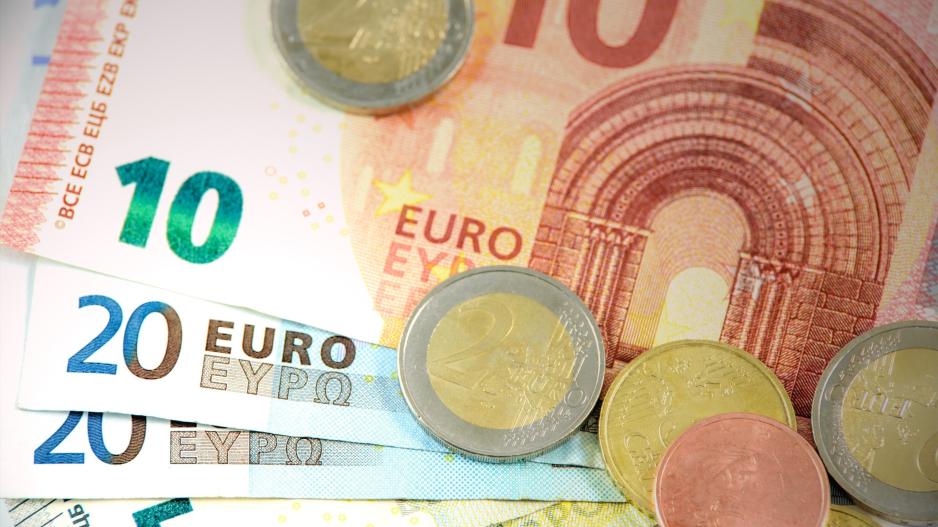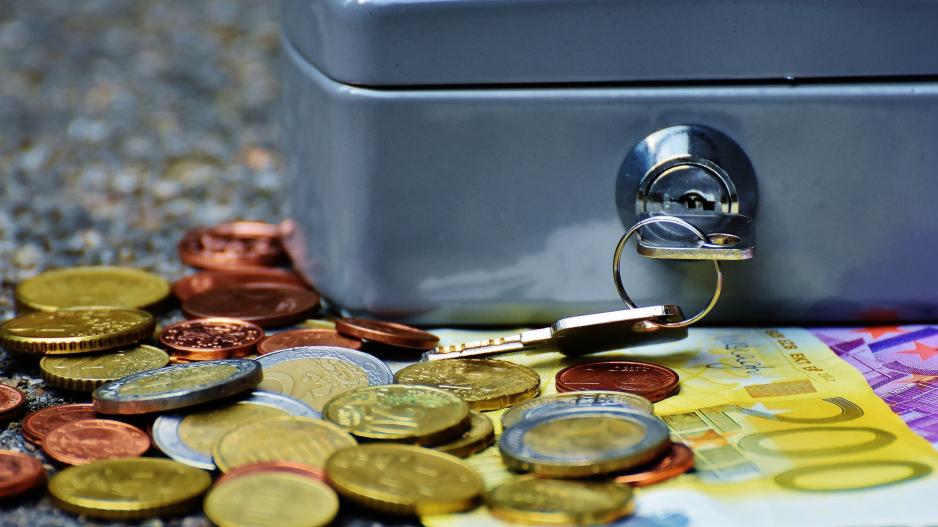Finance Minister and Bankers Discuss Deposit Interest Rates Amid Economic Changes
In-Depth Look: The Position of the Banks
In a high-stakes meeting, the Cypriot Minister of Finance, Makis Keraunos, met with representatives from the country's major banking institutions to discuss the pressing issue of deposit interest rates. This meeting comes on the heels of recent spikes in lending interest rates, which have significantly impacted the financial market.
For several months, Minister Keraunos has been vocal about his expectation for an increase in deposit interest rates. His advocacy, however, appears to have fallen on deaf ears, particularly among banks where the disparity between lending and deposit rates is glaringly high.
Notably, the banks showing the most significant gap between lending and deposit interest rates are those with a high percentage of loans tied to the Euribor rate. This large disparity has been a source of considerable profit for these banks. According to Minister Keraunos, there is room to increase deposit rates without impacting the overall profitability of these financial institutions.
Adding another layer to this complex issue, Keraunos has also introduced the topic of additional taxation on bank profits. This comes despite an existing 0.15% tax on bank deposits, a measure that applies regardless of a bank's profitability.
"In light of these financial dynamics, the government is examining every aspect of the issue," said Keraunos in a statement after a parliamentary Energy Committee meeting. "Decisions will be made based on the banks' response to this situation. We expect these major corporations to act responsibly, fulfilling their social corporate duties to both society and the economy."
It's important to note that banks have been subject to a special 0.15% tax on deposits for some time. Previous reports reveal that, despite often operating at a loss, banks have paid more than €310 million in this special tax to the state since 2017.

Simultaneously, the financial institutions have issued an 8-point response to the Minister of Finance. This response serves as a warning against potential risks and legal uncertainties that could arise from these financial adjustments.
Through the Banking Association, the banks have expressed that any new form of taxation would be counterproductive, especially given the years of losses and extensive efforts to improve their financial balance sheets.
-
Special Tax: Banks in Cyprus are already obligated to pay a special tax of 0.15% on their deposits.
-
Historical Perspective: This tax has been in place for years, including periods where banks had either negligible profits or even incurred losses due to low or negative interest rates.
-
Unconditional Payment: The payment of the special tax persists, irrespective of the economic conditions, level of Non-Performing Loans, or other associated costs like labor and energy.
-
Regulatory Objectives: Banks have specific supervisory targets to meet immediately, including capital adequacy, liquidity availability, and MREL (Minimum Requirement for Own Funds and Eligible Liabilities), among others.
-
Cypriot Economic Environment: Over the years, banks in Cyprus have operated in a challenging environment marked by high credit risk, substantial operating costs, and low shareholder returns. Shareholders have, during difficult times, infused billions into these banks for recapitalization.
-
Contributions to the State: In the last five years, the banks have paid more than €300 million to the state through the special tax.
-
Legal and Business Stability: For Cyprus's economy, it’s crucial to maintain a stable legal framework and a conducive business environment. This stability will not only enhance the country's credit ratings but also attract foreign investments, thereby supporting economic development.
-
Unfair Treatment: The banks argue that any additional financial burdens would be unjust, particularly when they have spent years recovering from past crises, most notably the crisis of 2013.






